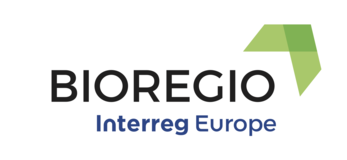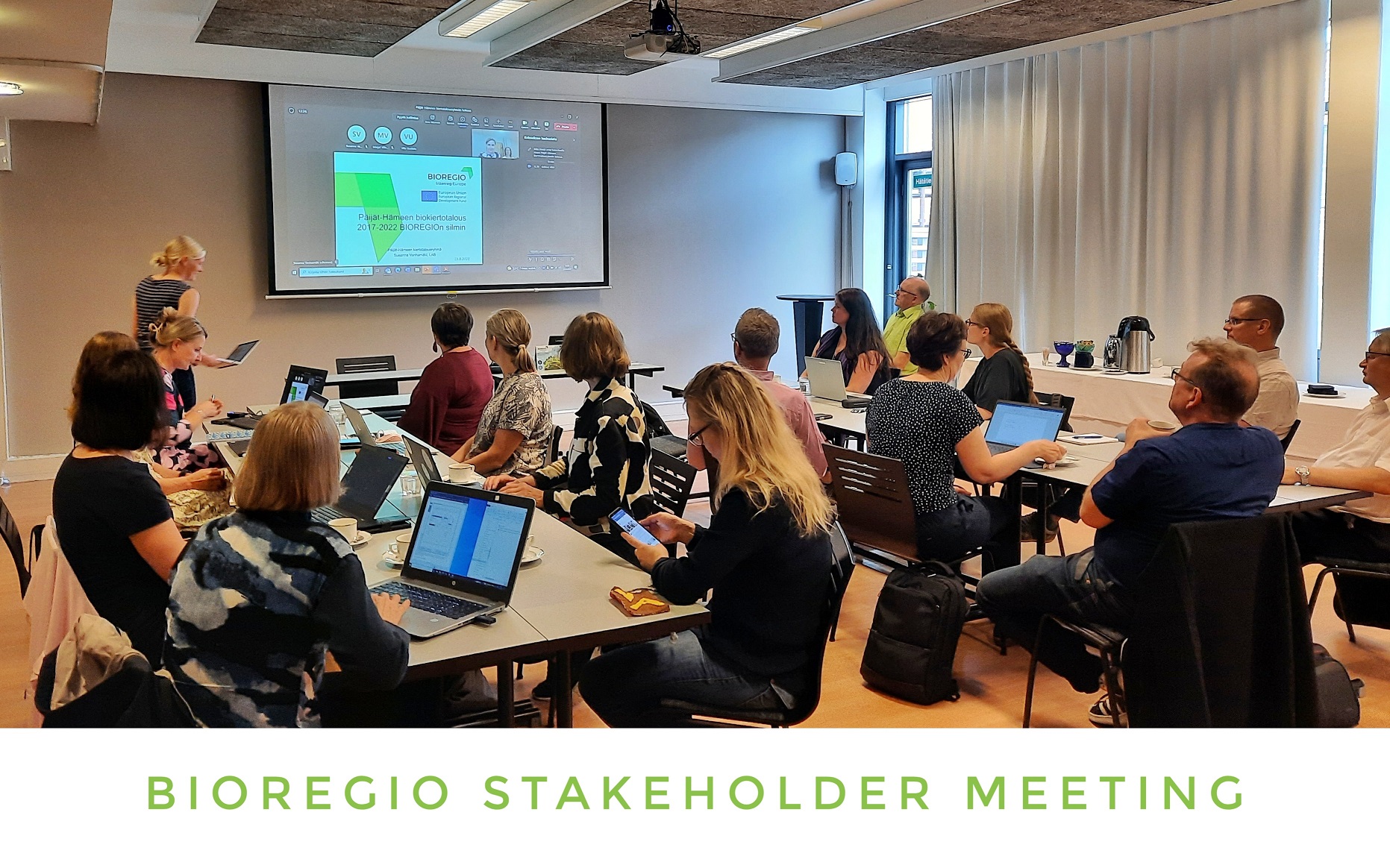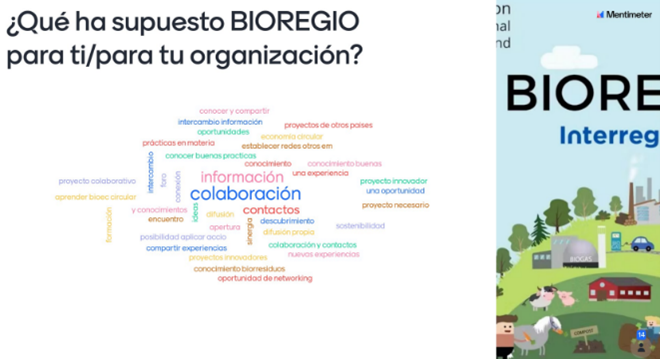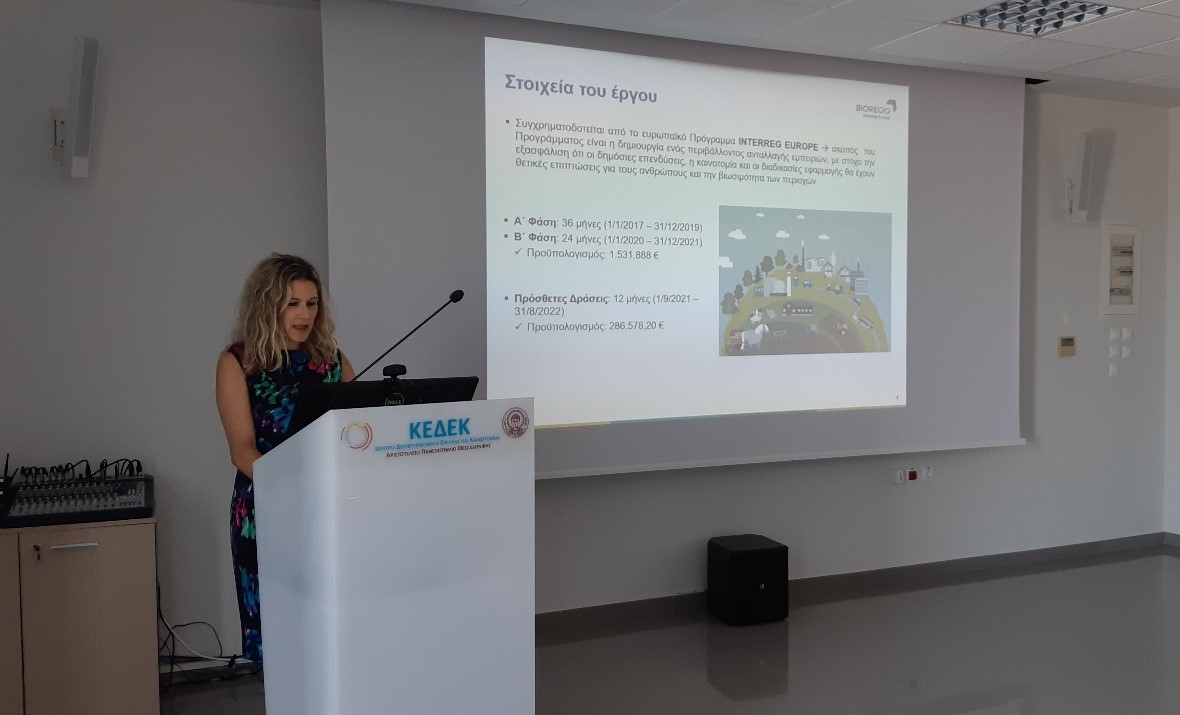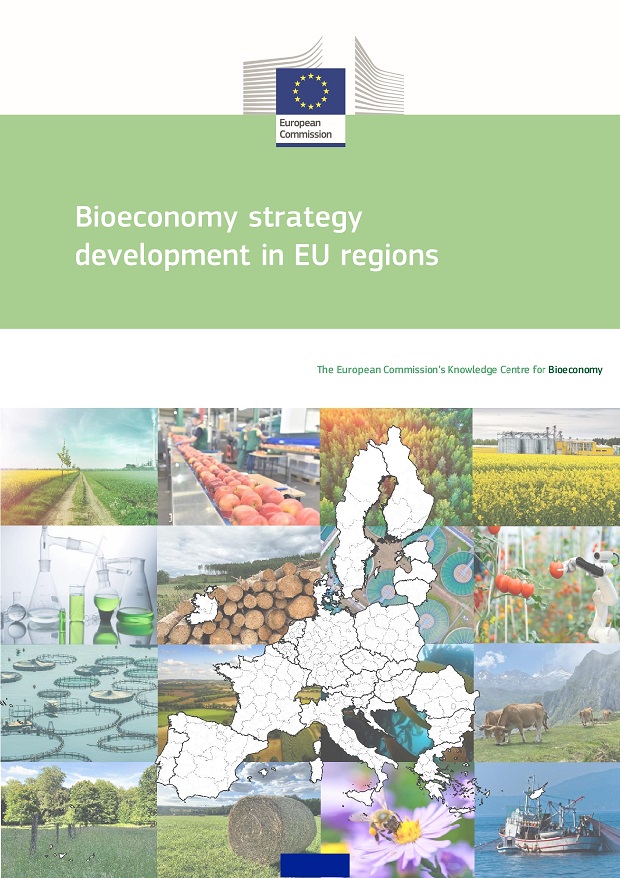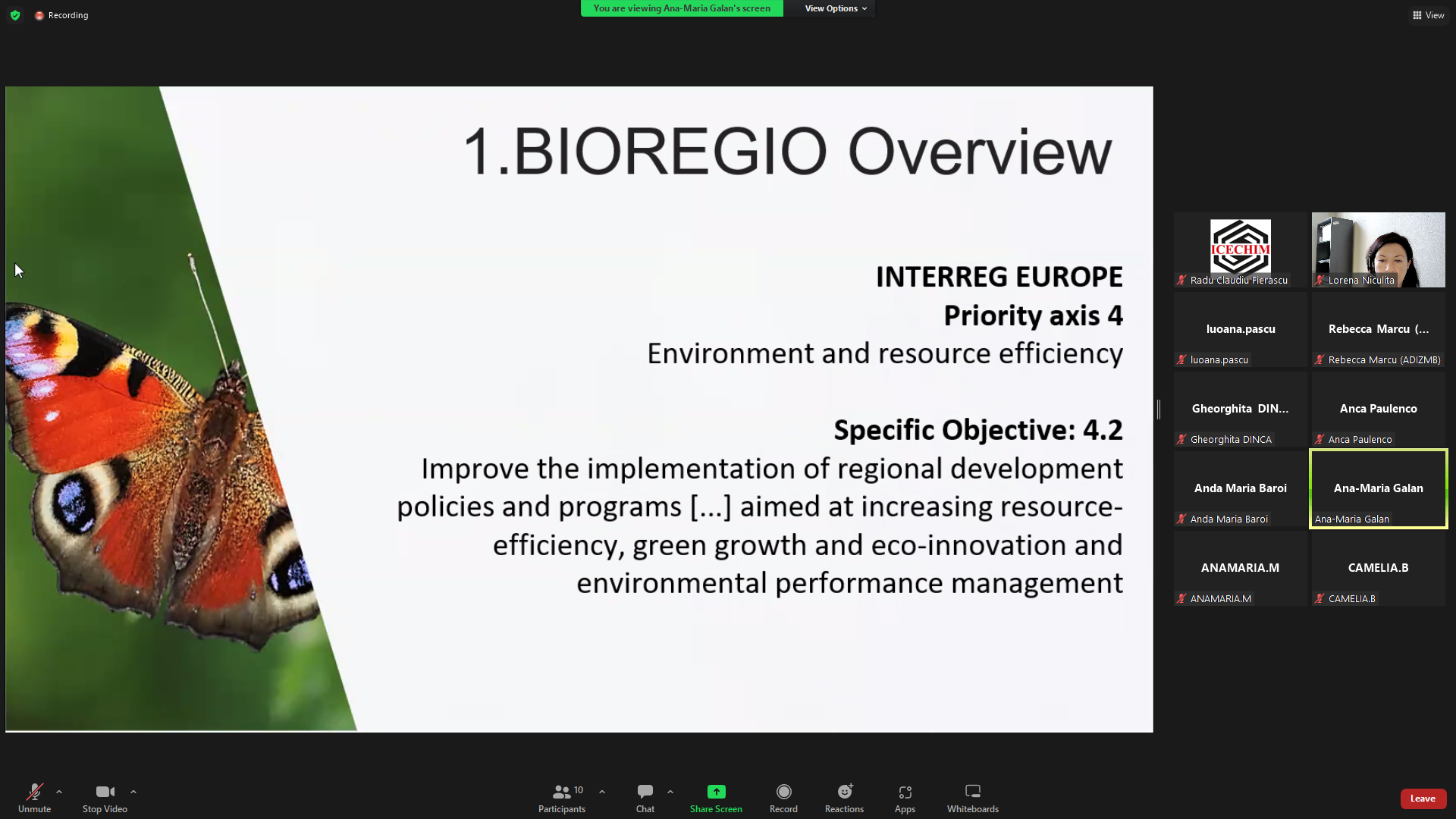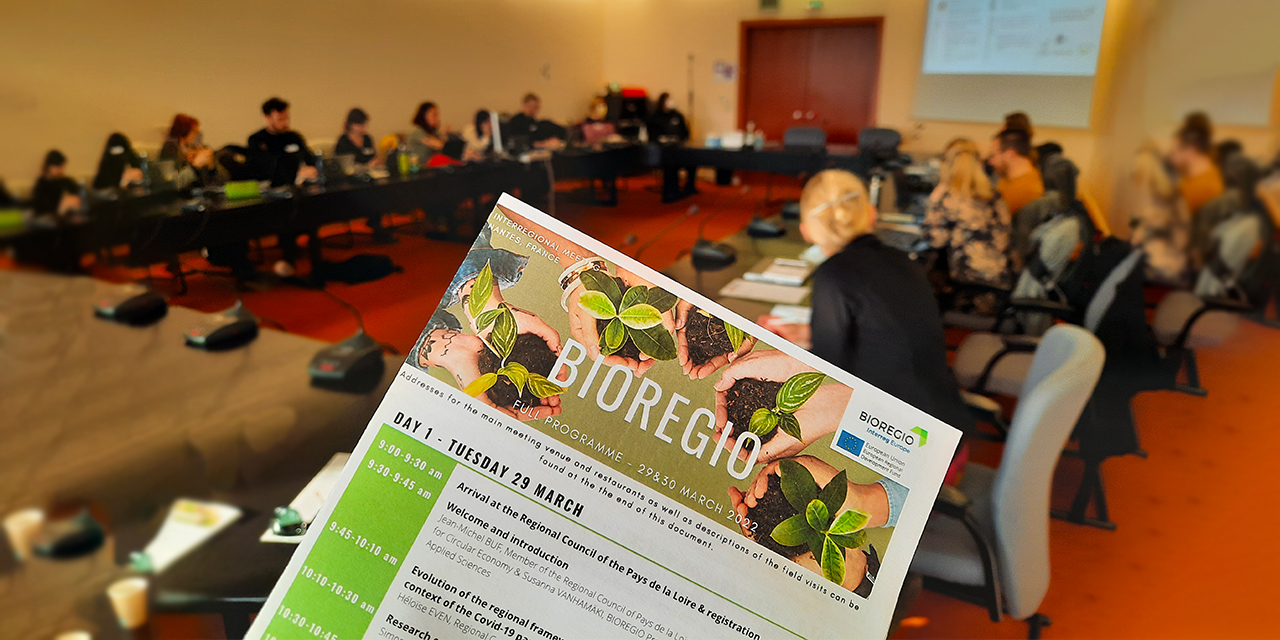INTRODUCTION
BIOREGIO project aims to stimulate the European circular economy in the field of organic waste/waste streams. The ultimate goal of the project is to direct regional policies to support Good Practices and promoting the actions of the European Union through the actions of each region.
The application of circular practices may seemingly be an initiative coming from the business sector, but the Regions are the ones that can facilitate the transition from the linear to the circular economy. Through the exchange of knowledge, the organization of events or the setting up of information exchange platforms, the regions can facilitate activities and bring together local and regional actors such as businesses, public utilities, universities and research centres, as well as civil society organizations.
GOOD PRACTICES IDENTIFICATION IN THE REGION OF CENTRAL MACEDONIA
Among other BIOREGIO project activities is the collection and evaluation of seven different Good Practices per participating country. Hereafter the identified Good Practices in the Region of Central Macedonia are presented. All of them are reported through the Policy Learning Platform of the Interreg Europe programme.
1. Bioenergy and fertilizers from livestock, energy crops and organic waste
 BIOGAS LAGADA SA collects locally available farm manure and organic waste transporting them by trucks to the facility where they are anaerobically digested. The produced biogas is utilized in a generator unit and energy is provided to the national grid, while the digestate is either returned to the nearby fields as a soil amendment or separated and the solid fraction is packed into big bags and sold as organic fertilizer.
BIOGAS LAGADA SA collects locally available farm manure and organic waste transporting them by trucks to the facility where they are anaerobically digested. The produced biogas is utilized in a generator unit and energy is provided to the national grid, while the digestate is either returned to the nearby fields as a soil amendment or separated and the solid fraction is packed into big bags and sold as organic fertilizer.
2. Use of organic residues for energy production
 BIO2CHP combines gasification and internal combustion engines in an automated control system, allowing energy production in small-scale applications at a price 3-4x lower than the grid (based on the average EU price). A working pilot (developed under EU LIFE+ financing) has operated for more than 3,000 hours, using grape pomace, olive & peach kernels, almond shells, etc., producing heat & power on-site.
BIO2CHP combines gasification and internal combustion engines in an automated control system, allowing energy production in small-scale applications at a price 3-4x lower than the grid (based on the average EU price). A working pilot (developed under EU LIFE+ financing) has operated for more than 3,000 hours, using grape pomace, olive & peach kernels, almond shells, etc., producing heat & power on-site.
3. Implemented platform for public sector, research and entrepreneurship cooperation to boost the regional economy
 The Cluster for Bioenergy and Environment emerged since the beginning of the 20th century from the continuous collaboration of regional players during previous projects. The cluster is developing R&D and business activities in the fields of bioenergy, bio-based circular economy and environment, in order to reinforce smart, bio, green and circular economy in the region and the neighbouring area.
The Cluster for Bioenergy and Environment emerged since the beginning of the 20th century from the continuous collaboration of regional players during previous projects. The cluster is developing R&D and business activities in the fields of bioenergy, bio-based circular economy and environment, in order to reinforce smart, bio, green and circular economy in the region and the neighbouring area.
4. Non-profit educational organization offering training to people of all ages, from kindergarten to adults
 American Farm School’s mission is to educate men and women to become professionally accomplished in the latest aspects of agriculture, bio-based circular economy and life sciences.
American Farm School’s mission is to educate men and women to become professionally accomplished in the latest aspects of agriculture, bio-based circular economy and life sciences.
The staff of AFS is trying to keep on track with the new trends in smart-tech farming and circular economy. The innovative processes followed at the AFS can assist to reduce the carbon footprint of agricultural and bio-stream activities.
5. Production of amino acids for plant nutrition by extracting proteins of non-Genetically Modified plant origin
 Greek Industry of Hydrolysed Protein has created two main production lines in collaboration with scientists from the Aristotle University of Thessaloniki by extracting proteins of non-Genetically Modified plant origin. The final products are environmentally friendly, biodegradable, unique (because of high concentration of 16 L-amino acids of plant origin) and suitable for use in organic farming.
Greek Industry of Hydrolysed Protein has created two main production lines in collaboration with scientists from the Aristotle University of Thessaloniki by extracting proteins of non-Genetically Modified plant origin. The final products are environmentally friendly, biodegradable, unique (because of high concentration of 16 L-amino acids of plant origin) and suitable for use in organic farming.
CONCLUSIONS
The opportunities that are visible through the application of circular economy practices involve increase investment in biogas plants, replacement of traditional fertilizers, reduce food and agricultural waste and increase revenue for farmers due to increased demand for agricultural products and by-products for the production of green products (bio-economy). To fulfil the aforementioned opportunities in regional level the major leverage is the Operational Programme of the Region of Central Macedonia 2014-2020. The integration of criteria that promote Good Practices of Circular Economy in the upcoming funded programmes is a stepping-stone towards this direction.
The expert paper was written by the BIOREGIO partners in Greece: Stamatia Kontogianni (1), Apostolos Malamakis (1), Sofia- Natalia Boemi (2), Chrysanthi Kiskini (2), and Nicolas Moussiopoulos (1)
(1) Laboratory of Heat Transfer and Environmental Engineering, Mechanical Engineering Department, Aristotle University of Thessaloniki
(2) Department of European Union Projects, Regional Development Fund of Central Macedonia, Region of Central Macedonia
The paper was originally published in Greek, you can read the extended version here, also the full paper in English.
